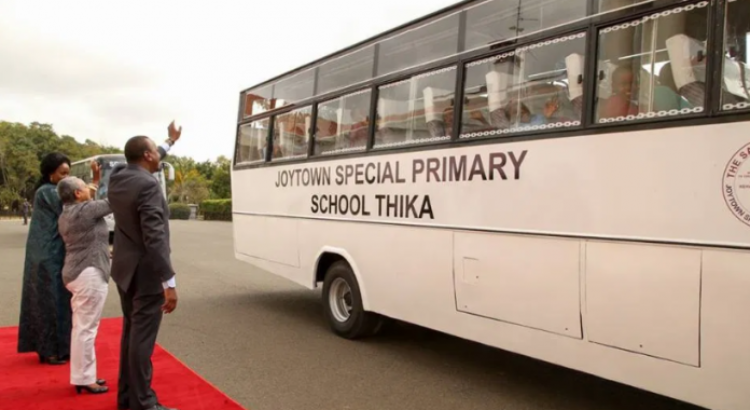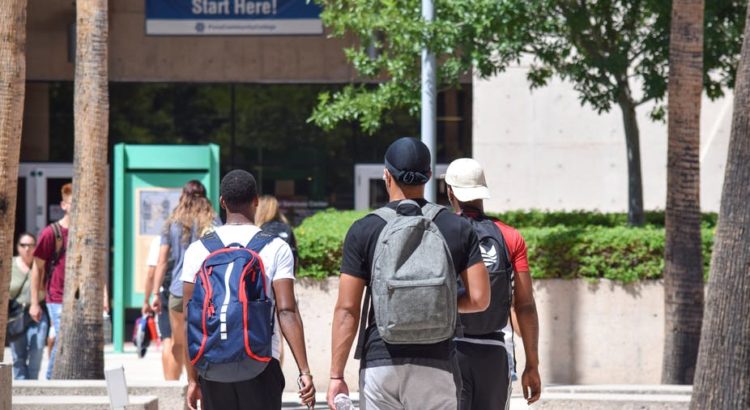Europe/England/20.06.18/y Sean Coughlan/Source: www.bbc.com.
The tuition fee system for England’s universities is ripping off students and giving taxpayers poor value for money, says a parliamentary committee.
The House of Lords economic affairs committee revealed evidence the student loan book would grow to over £1 trillion over the next 25 years.
The committee attacked a «deeply unfair» system of fees and loans.
But the Department for Education said its review of fees would «make sure students are getting value for money».
This hard-hitting report accuses the government of using «accounting tricks» to conceal the real cost of higher education and to pile up huge debts for future generations.
It calls for «immediate reforms» – such as cutting interest rates on repayments and restoring grants for disadvantaged students.
‘Astonished’
Committee chairman and former Conservative minister, Lord Forsyth, said they had also been «quite astonished by the complete collapse in part-time education».
The report warns of the lack of funding for vocational training – and claims that the apprenticeship system has been damaged by artificial targets invented to sound impressive for a manifesto promise.
The cross-party committee, with two former chancellors and two ex-chief secretaries to the Treasury, says the student loan system seems to have been used for a «fiscal illusion» to make the deficit look smaller.
«The thing that shocked me – and I thought I was pretty unshockable – was that I had not understood that by moving to a system of funding through loans, because of the accounting methods of the Treasury, it was possible for George Osborne [then chancellor] to appear to increase funding for higher education by £3bn but at the same time cut his deficit by £3.8bn,» says Lord Forsyth.
The cost of unpaid loans will not be included until they are officially written off after 30 years.
Lord Forsyth says a parliamentary question revealed how much student borrowing was really piling up for the future.
By 2044, when many of today’s students will still be paying off their loans, the student loan book will have grown to more than £1tn, rising to £1.2tn by 2049.
«The public argument for cutting the deficit was so that debt wasn’t handed on to the next generation.
«But for this generation, being asked to pay these loans, when they’ve eventually paid them off, they’ll suddenly find there’s a bill for £1.2tn.
«I hadn’t realised that was happening.»
‘Devastating consequences’
But Lord Forsyth says this system has had «devastating consequences».
It has produced excessive interest rates, set to rise again to 6.3%, which the committee says should be no higher than the rate at which the government borrows, at present 1.5%.
The conversion of means-tested grants into loans has meant that the poorest students end up graduating with the biggest debts, says Lord Forsyth.
And he warns that the current repayment system was more expensive for people in middle income jobs such as nursing, rather than high-paid lawyers or financiers, who would pay off their debts more quickly.
«The people who get screwed by this are those in the middling jobs,» says Lord Forsyth.
«This was all done on the basis that it would create a market in higher education – and that has failed, there isn’t a market.»
Lord Forsyth says that there is no meaningful consumer choice or competition – and he dismissed the system for rating teaching quality in universities, the teaching excellence framework, as a «bit of a joke».
«Because no-one ever turns up to look at the teaching,» says Lord Forsyth.
‘Quantity rather than quality’
The report says that the student finance system has failed to recognise the need to improve vocational skills and to help those wanting to re-train.
Part-time student numbers have fallen by about 60% over the past decade – with accusations that the funding system is based around school-leavers beginning full-time degree courses.
«There’s been a huge distorting effect. It’s a huge mistake,» says the committee chair.
Lord Forsyth says there have been concerns about the apprenticeship policy – and the committee heard suggestions that the target for three million apprentices was not the result of any strategy, but was chosen as an impressive number for a manifesto promise.
The consequence of such target setting, he says, is to «encourage quantity rather than quality».
It means more attention is paid to the numbers starting than completing and there were signs that some employers were re-badging existing training as «apprenticeships» as a way of getting funding.
«There is clear evidence that what the economy needs is more people with technical and vocational skills. But the way that the funding for fees and maintenance operates makes it pretty well impossible for us to meet that demand,» says Lord Forsyth.
‘Value for money’
Alice Barnard, chief executive of the Edge Foundation, which promotes vocational education, said the report «clearly highlights how the funding bias in our higher education system has favoured universities at the expense of choice and opportunity for young people».
The head of the MillionPlus group of new universities, Greg Walker, said the report had produced «robust evidence» to support the return of maintenance grants and to find ways to make universities more accessible to part-time students.
A Department for Education spokesperson said: «We agree that for too long young people have not had a genuine choice post-16 about where and what they wish to study.
«That is exactly why we have overhauled apprenticeships to focus on quality and why we are fundamentally transforming technical education, investing £500m a year in new T-levels that will provide a high quality, technical alternative to A-levels.
«On top of this, we are undertaking a major review of post-18 education and funding, to make sure students are getting value for money and genuine choice between technical, vocational and academic routes.»
Source of the notice: https://www.bbc.com/news/education-44433569












 Users Today : 140
Users Today : 140 Total Users : 35459735
Total Users : 35459735 Views Today : 230
Views Today : 230 Total views : 3418202
Total views : 3418202